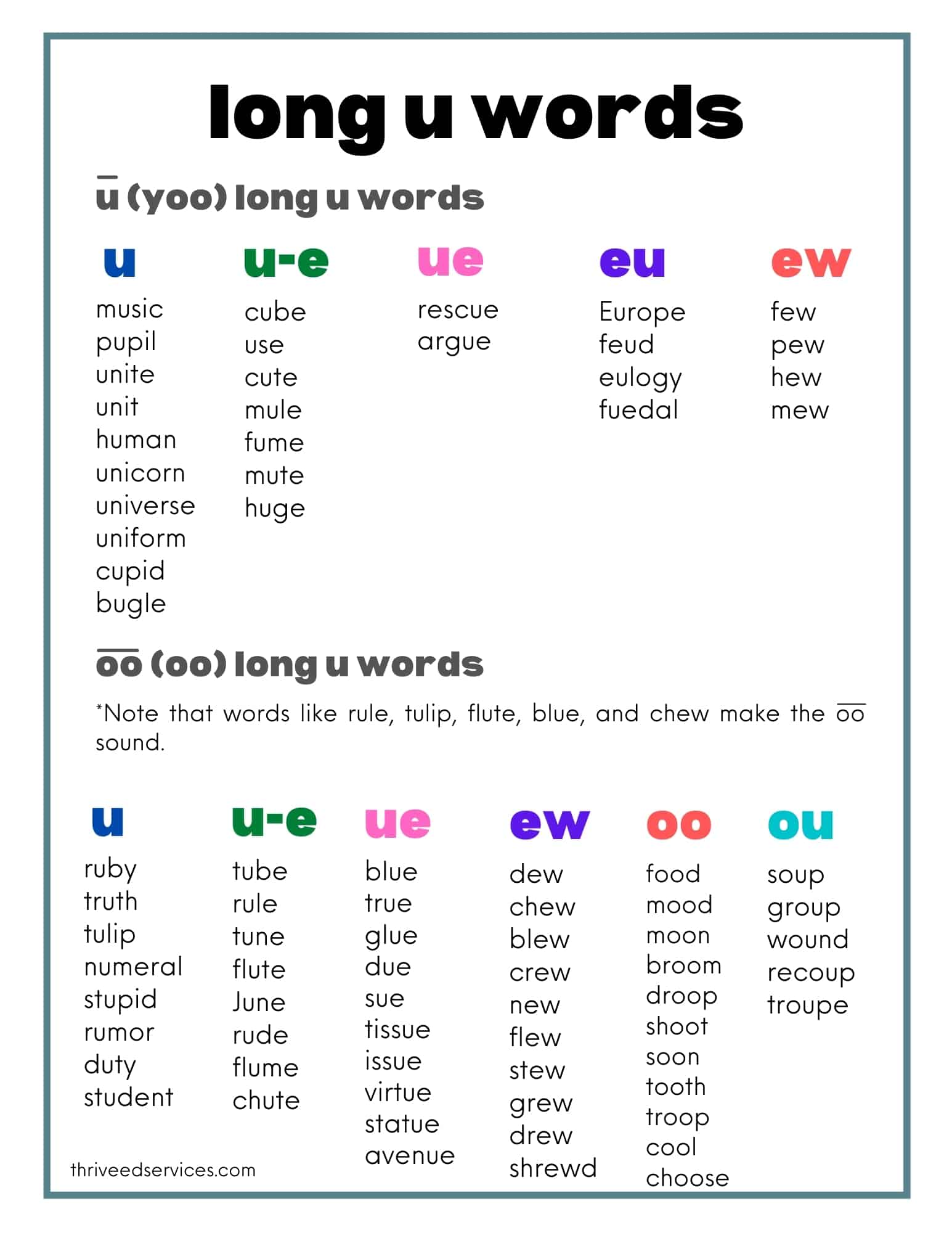

They almost always carry the greatest energy in the speech signal because, during vowel phonation, the vocal tract is most open. Vowels are extremely important to singing. Vowels are understood to be syllabic, meaning that they usually form the peak or nucleus (the central part) of a syllable - whereas consonants form the onset (any consonant or sequence of consonants preceding the nucleus) and coda (any consonant or sequence of consonants following the nucleus). In phonetics, a vowel (from the Latin word 'vocalis', meaning 'uttering voice' or 'speaking') is a sound in spoken language that is characterized by an open configuration of the vocal tract, in contrast to consonants, which are characterized by a constriction or closure at one or more points along the vocal tract. The term 'vowel' is commonly used to mean both vowel sounds and the written symbols that represent them.


 0 kommentar(er)
0 kommentar(er)
